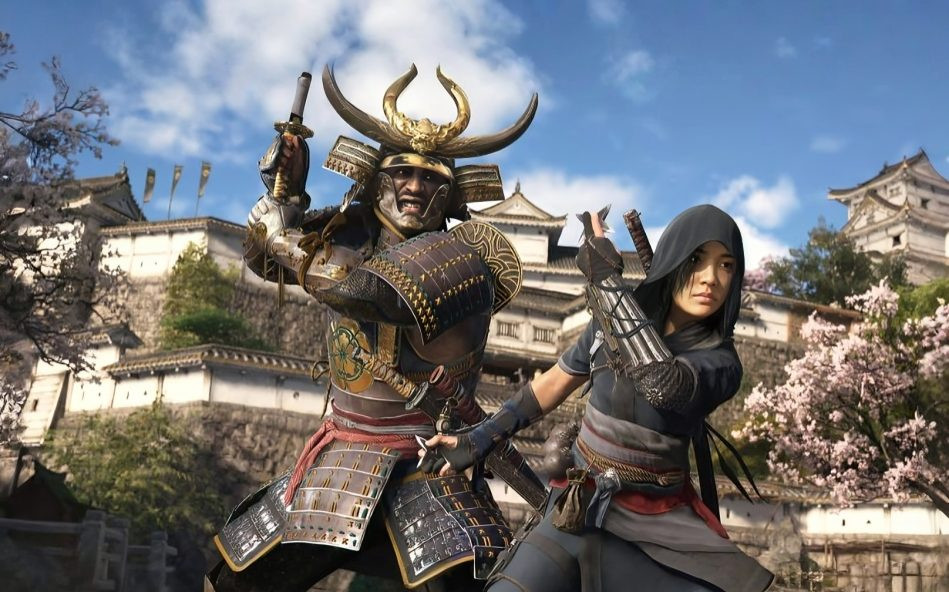Japanese PM Ishiba Criticizes Assassin’s Creed for Disrespect

© Ubisoft
The popular video game series Assassin’s Creed has sparked controversy in Japan.
This happened after Prime Minister Ishiba condemned its latest installment for what he calls a “disrespectful” portrayal of a sacred shrine.
The criticism has ignited debates about cultural sensitivity in gaming and the balance between creative freedom and historical accuracy.
The Controversy: A Shrine Misrepresented in Assassin’s Creed
In the game, a key mission reportedly takes place at a virtual recreation of a well-known Japanese shrine. However, it has significant inaccuracies. The depiction, which includes fictionalized historical events and an altered architectural layout, has been deemed offensive by some Japanese officials and cultural experts. Prime Minister Ishiba expressed concerns that the misrepresentation could mislead players about Japan’s heritage and traditions.

The Government’s Response
Following Ishiba’s remarks, discussions have emerged regarding whether Japan should implement stricter regulations on how video games portray cultural landmarks. Some lawmakers argue that game developers should be required to consult local authorities before including historical sites in their designs. However, others believe such measures could stifle artistic expression.
Ubisoft’s Reaction to the Criticism
Ubisoft, the developer behind Assassin’s Creed, has defended its creative choices, stating that the game is a work of fiction inspired by history rather than a documentary. However, they also acknowledged the concerns raised and have expressed openness to discussions about potential updates or disclaimers to clarify the game’s fictional nature.
Mixed Reactions for the Assassin’s Creed “Disrespect”
The controversy has divided public opinion. Some Japanese citizens and gaming fans agree with Ishiba, arguing that cultural landmarks should be depicted with greater accuracy and respect. Others, including many international players, see the criticism as an overreaction, emphasizing that video games are a form of entertainment rather than strict historical records.
The Bigger Debate: Cultural Sensitivity in Gaming
This incident has reignited broader conversations about how video games handle cultural representation. Japan is not the first country to take issue with how its heritage is depicted in entertainment media. Similar concerns have been raised in the past regarding other historical games, movies, and TV series that fictionalize real-world events.

What’s Next for Assassin’s Creed?
It remains to be seen whether Ubisoft will modify the game in response to the backlash. While an outright ban in Japan seems unlikely, the controversy may lead to more careful consideration of cultural accuracy in future game installments. Developers might also explore new ways to balance historical inspiration with creative storytelling to avoid similar disputes.
Creativity vs. Cultural Respect
The Assassin’s Creed controversy highlights the ongoing tension between artistic freedom and cultural sensitivity. While video games are a powerful medium for storytelling, they also have the potential to shape perceptions of history and culture.
Moving forward, developers may need to find a middle ground that respects cultural heritage. They need to do so while preserving the creative spirit that makes gaming so immersive.
You might also want to read: 15 Things You Should NOT Do in Japan


